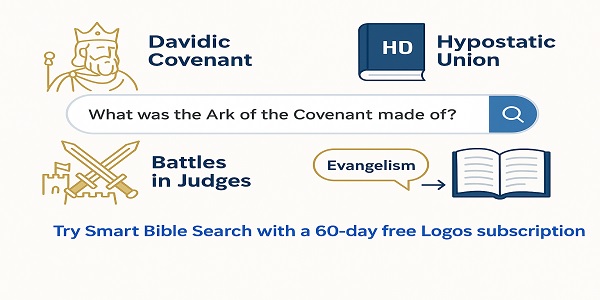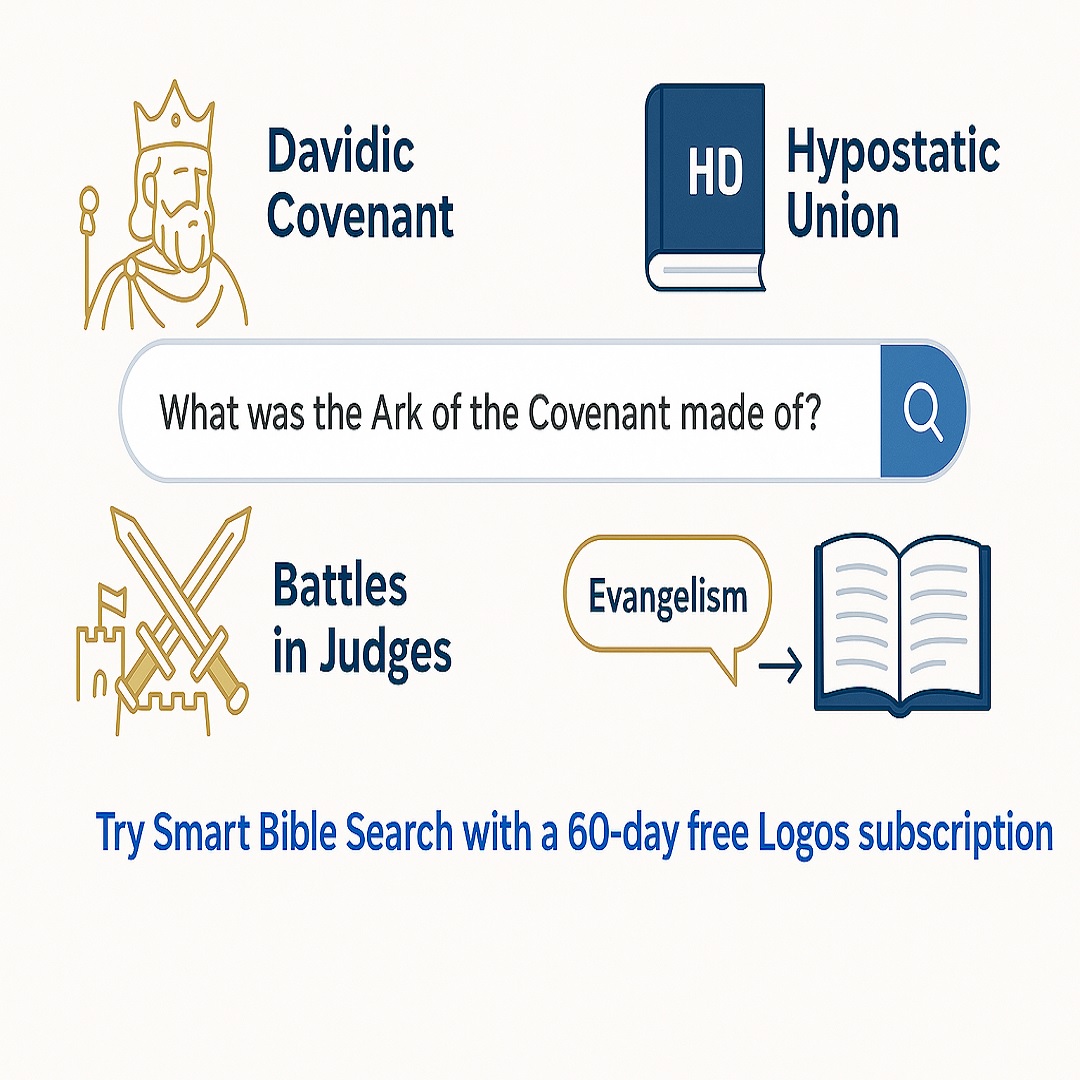The question of when one last considered themselves a sinner is a thought-provoking one. Often, we use the term “sinners and tax collectors” to acknowledge our imperfections and shortcomings. Recognizing that we’ve fallen short of the glory of God. However, does this make us outcasts from society or spiritually in need of a doctor? It’s essential to delve deeper into what it means to be a sinner and the implications of that label.
Understanding Sin and Outcast Status
Claiming to be sinners and tax collectors can be a humbling experience, as it implies an acknowledgment of our separation from societal norms. It’s only when we’ve been cast aside or felt the sting of rejection that we truly grasp the desperate longing for acceptance. The reality is that our egos often stand in the way of recognizing our spiritual need for healing.
It’s easy for many of us to pass judgment on others while considering ourselves acceptable. But here’s the catch: if we claim to be among the righteous, we may inadvertently suggest that we don’t need Jesus. Matthew 9: 14 -17 actually challenges the false righteousness of the Pharisees. It underscores that Jesus came for those who are considered outcasts.
The message here is clear: to be one of those Jesus came for, we must see ourselves as outcasts in some sense. It’s a profound idea to ponder the next time we assume we are righteous.
New Wine and Old Wine Skins
Consider the passages Following, which not only criticizes the false righteousness of the scribes and Pharisees but also hints at Jesus being the Messiah. It foreshadows the celebration in the new Kingdom. Most importantly, it highlights the contrast between those accepted by society and those accepted by God.
Matthew 9: 14 -17 suggests that the outcasts will become the new wine and wineskins in God’s Kingdom, causing disruption until they mature and become integrated into God’s true people.
The Balancing Act Between Societal and Spiritual Acceptance
So, what do these passages tell us? The message is straightforward. If we’re called by Christ, we are outcasts, and we should reach out to other outcasts. Our journey may be marked by both joy and hardship, leading to our maturation as God’s true people.
To consider ourselves part of God’s people, we must reflect on our place. We need to be aware of the delicate balance between societal acceptability and what is acceptable to God. We should remain vigilant about conforming to societal expectations, as that might not always align with God’s desires.
Challenging the Status Quo
The core challenge here is to reevaluate our role in God’s grand celebration. We as sinners and tax collectors are called to be part of a unique wedding party, celebrating with those who have also experienced rejection and exclusion.


 Search The Bible the way you have always wanted to.
Search The Bible the way you have always wanted to.


 The most complete Bible study Platform. Start you Free trial Now!
The most complete Bible study Platform. Start you Free trial Now!

